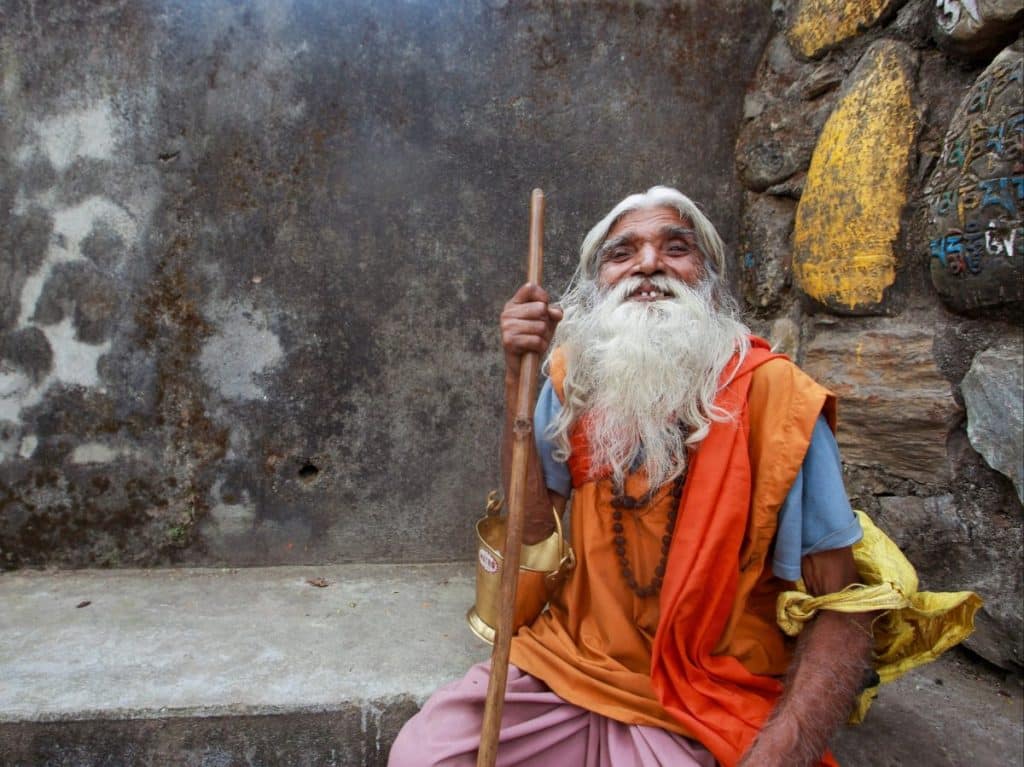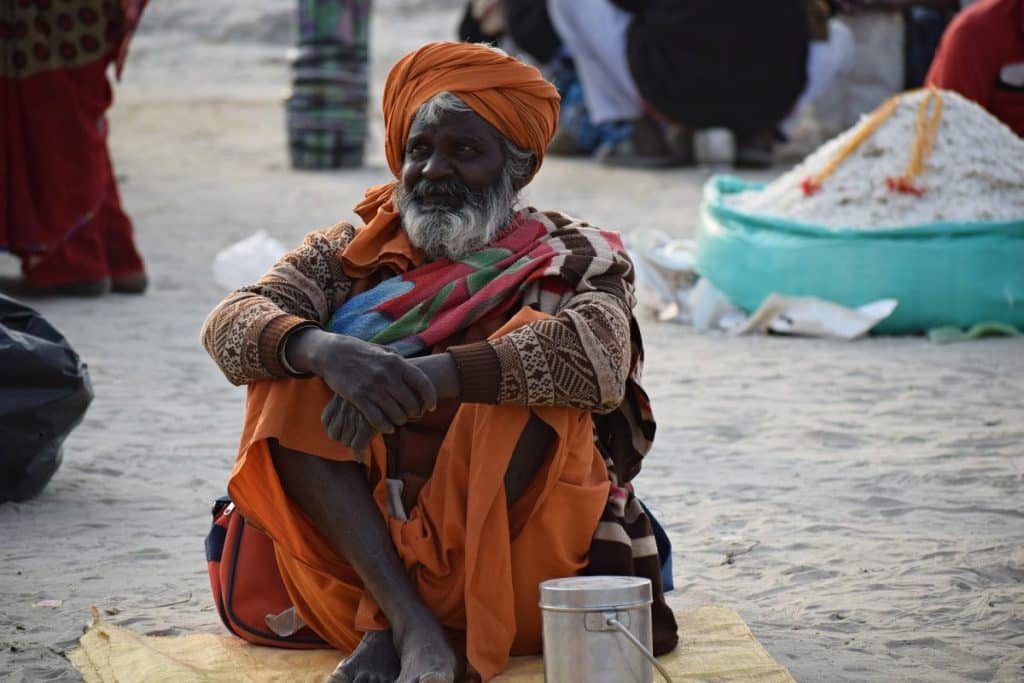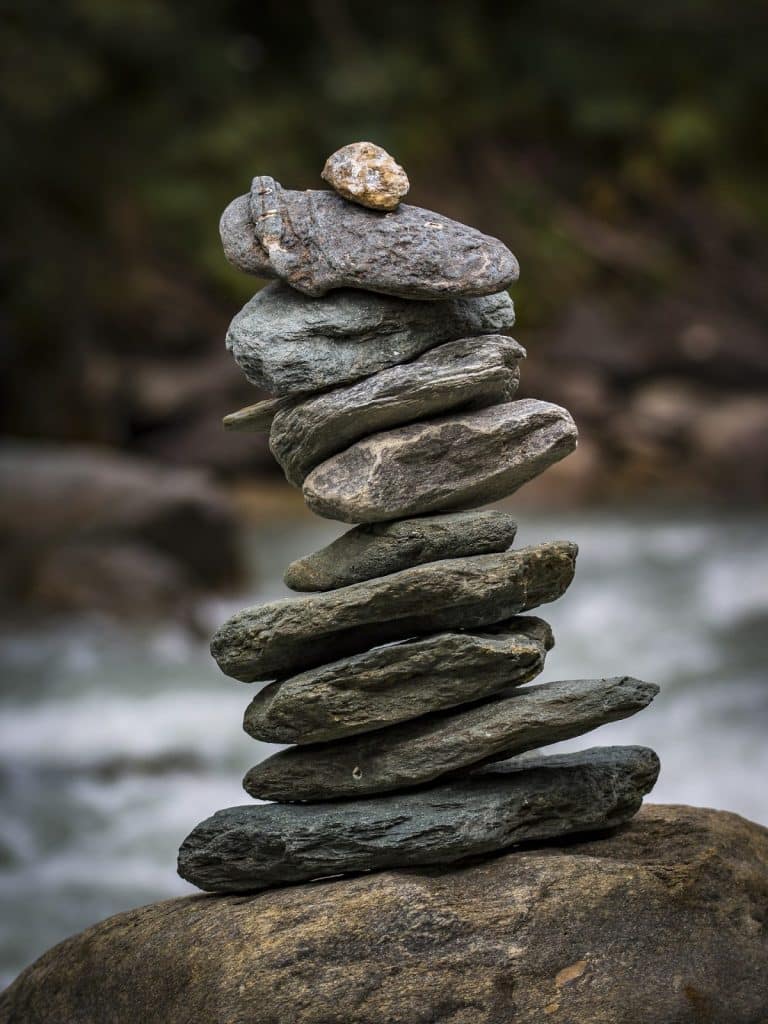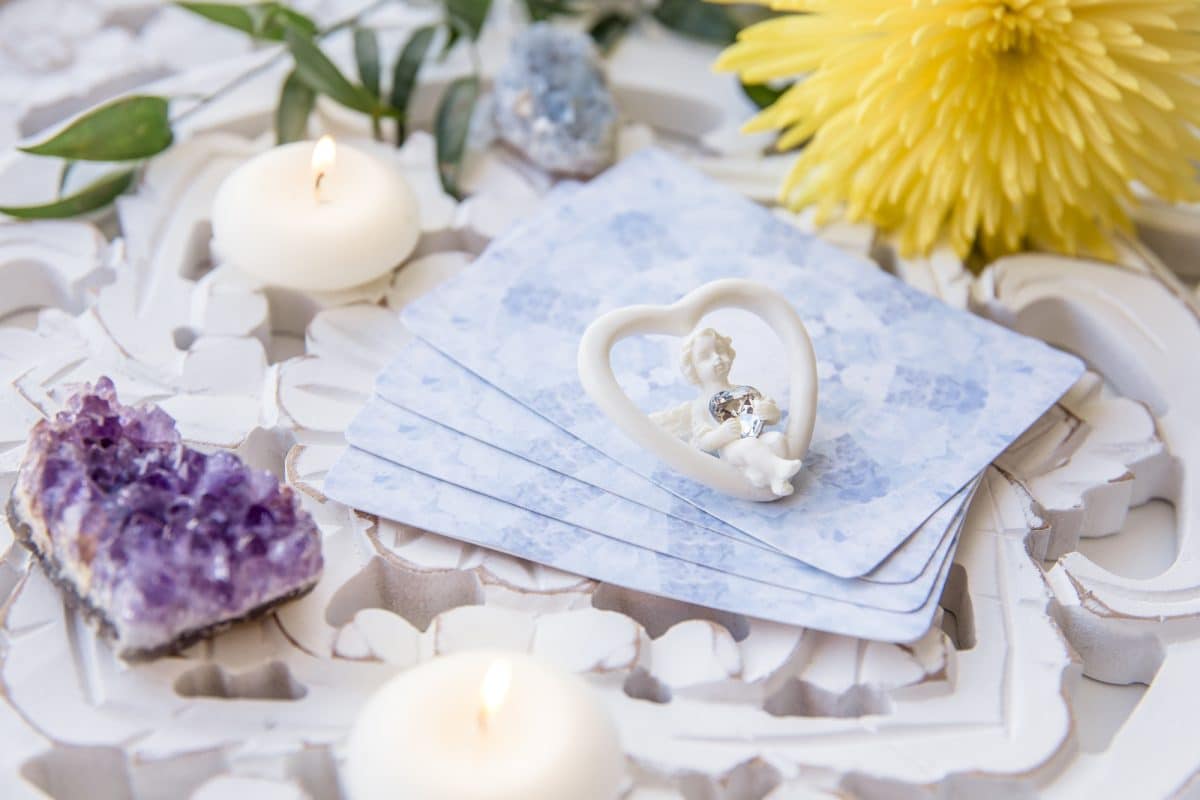What Is a Guru, and Do You Need One?
Motivational speaker Tony Robbins released a Netflix documentary with the title, I Am not Your Guru. Spiritual influencer Teal Swan has a documentary out called The Deep End, which portrays her as a guru.
There’s even a podcast, Guru, that deals with problematic issues around those who carry this title. So, what is a guru?

Table of Contents
What Is a Guru?
The literal definition of a guru is a teacher who helps a student achieve enlightenment. The term originally comes from Hindu and has connotations that include a student teacher relationship where the student lives with the teacher, is absolutely obedient to him or her, and prostrates him or herself before the guru out of deep respect.
The goal, across various Hindu traditions, or a guru, is to help others reach their spiritual ideals.
Today, a guru has come to take on the context of those who lead all types of groups, followings, gatherings, and retreats.
You can typically tell a guru by the absolute devotion of his or her followers, their willingness to pay exorbitant fees to attend talks and retreats, and their almost total subjugation of their sense of self to the guru.

The Difference Between a Guru and a Mentor
This extreme reality brings us to the difference between a guru and a mentor.
While a guru requires complete obedience and subjugation, a mentor leads, guides, and shows you your best self.
A guru expects you to surrender yourself to a larger purpose, a calling, a divine entity or energy.
A mentor is a lighter teacher, someone who has had success in the area you are exploring and is willing and able to share their insights.
They have walked the path, often through fire, trial, tribulation, and come out the other side eager to help others do the same.
A traditional guru may or may not have suffered or struggled, though often they have, and they often also have learned from their own guru.
A big difference between the traditional guru from Hindu history and modern guru lies in this inherited guru status.
In the Hindu traditions, a guru is only a guru once his or her guru declares the student ready. It is a title that must be conferred by someone more experienced, wiser, and with consideration for what is to become of the newly crowned guru.
Today, gurus pop out of nowhere, with no required experience leading, coaching, counseling, or helping others.
They have not necessarily learned from anyone before them, have not necessarily learned from any experience, have no license or certification of any kind according to any standards.
This does not necessarily mean they are not good at what they do, but it does demand a certain pause for anyone seeking to follow a guru, to ask the question: “what are your credentials?”
As someone deeply rooted in logic and also deeply invested in my spiritual faith, I live by the trust but verify code of conduct.
A mentor typically comes with a resume of experience, a background you can look into, references from other credible sources, ideally a book or two published, and some kind of certification, license, or other professional credential authorizing them to lead, guide, or counsel others.
And a lot of the issues around gurus come down to this lack of credentialing and credibility.

The Problem with Gurus in the West
Anyone can be a mentor, yes, and anyone can be a guru. But there are standards for mentors where there are very few for gurus.
This absence of credentials does not necessarily mean the guru is bad or that you should not follow them, but it should give you that pause I mentioned before.
Jim Jones is a perfect example of a problematic guru in modern times, leading hundreds of his followers in Jonestown to mass murder-suicide in order to “transcend their earthly bodies.”
Yogi Bajan is another one, accused by many of his followers of rape, as he purported to teach kundalini yoga to open people up to their spirituality.
Teal Swan may well be a guru to trust, or maybe not. She has followers who swear she has changed their lives, and others who have accused her of intense narcissism and mistreatment and abuse.
The problem, I would argue, with gurus in general is the idea that we need someone else to fix us, to heal us, to lead us.
If you read my article on healers, you already know how I feel about any spiritual leader, or any person supposedly in a profession that is supposed to help you – including therapists and doctors – who purports to have the only answer, or all the answers, to your problems.
A true healer, spiritual leader, teacher, counselor, and yes, doctor, will always guide you back to yourself.
They will show you that you already have what you need to fix any problems you have.
And there are some excellent ones out there, from all walks of life and in all professions, who are very, very good at this.
Functional medicine doctors can get to the root cause of your illness and show you how to take your health into your own hands.
Spiritual leaders can show you your own pathway to your soul, can aid you in connecting to the divine.
The problem comes when they stand as your connection to health, wellness, or spirituality.

Do You Need a Guru?
So, do you need a guru?
Maybe. Maybe not.
If you are on a journey of any kind, spiritual, health, intellectual, it can help to have a mentor.
If you are on a very deep journey of the intense kind where you feel you must immerse yourself in your study and your practice, it may help to have a guru, a truly devout, invested guru who you can trust to guide you back to yourself.
I would say that only the truly and deeply broken need a guru, someone to move in with, a retreat to get away from your normal life, the one that likely broke you.
In these cases, we are often talking about rehabilitation centers with good leaders or spiritual retreats in the Far East. In both cases, you take a vow to surrender yourself to something higher than yourself, call it God or the Universe if you like, and you do become completely obedient to the leader or leaders of the retreat.
Do you need this? Only you know.
Russel Brand has a great book called Recovery in which he outlines the 12-step program according to his experience, and it may help anyone considering this kind of intense surrender and retreat figure out where you are on the scale of brokenness.
If you are not that far gone, if you still believe you have your sense about you, can make good decisions in life, but just really need to shift out of where you are and get into a better space, you likely need a mentor, not a guru.
A mentor will help you heal yourself.

Heal Thyself
And that is, after all, the goal.
You do not have to surrender yourself to someone else. You have to decide that you are more than this human body, this human life, and surrender yourself to that bigger part of yourself.
The God in you.
That surrender can be done in the privacy of your own bedroom, on a yoga mat in a studio, on a therapist’s couch, with a spiritual leader from your church or spiritual center.
Anywhere.
Because, in the end, you will have to heal yourself, and you will likely be healing for the rest of your life.
And all a guru is going to do is either teach you that in really intense ways if you have a good guru or take all your money and leave you feeling empty without the guru present if you have a bad guru.
Your job is to find your way back to yourself.
No matter what you have been through, you actually cannot be broken, at least, your soul can’t.
You are whole, you are perfect, and you are strong enough to get through whatever it is you are going through, or you would not still be here, and you certainly would not be sitting and reading this.
Your job is not to put your faith and trust in someone else, but to find the ones who will show you how to trust yourself and your God.
I personally have found all of my mentors in books. From Gabrielle Bernstein and Jordan Peterson to Jesus Christ and Abraham Hicks.
I tend to follow those teachers and leaders who build people up, who are dedicated to making the world a better place, and who come across as authentic, kind, and loving.
You will find your mentor, or mentors in places that work for you. As the saying goes, when the student is ready, the teacher will appear.
Happy manifesting!






